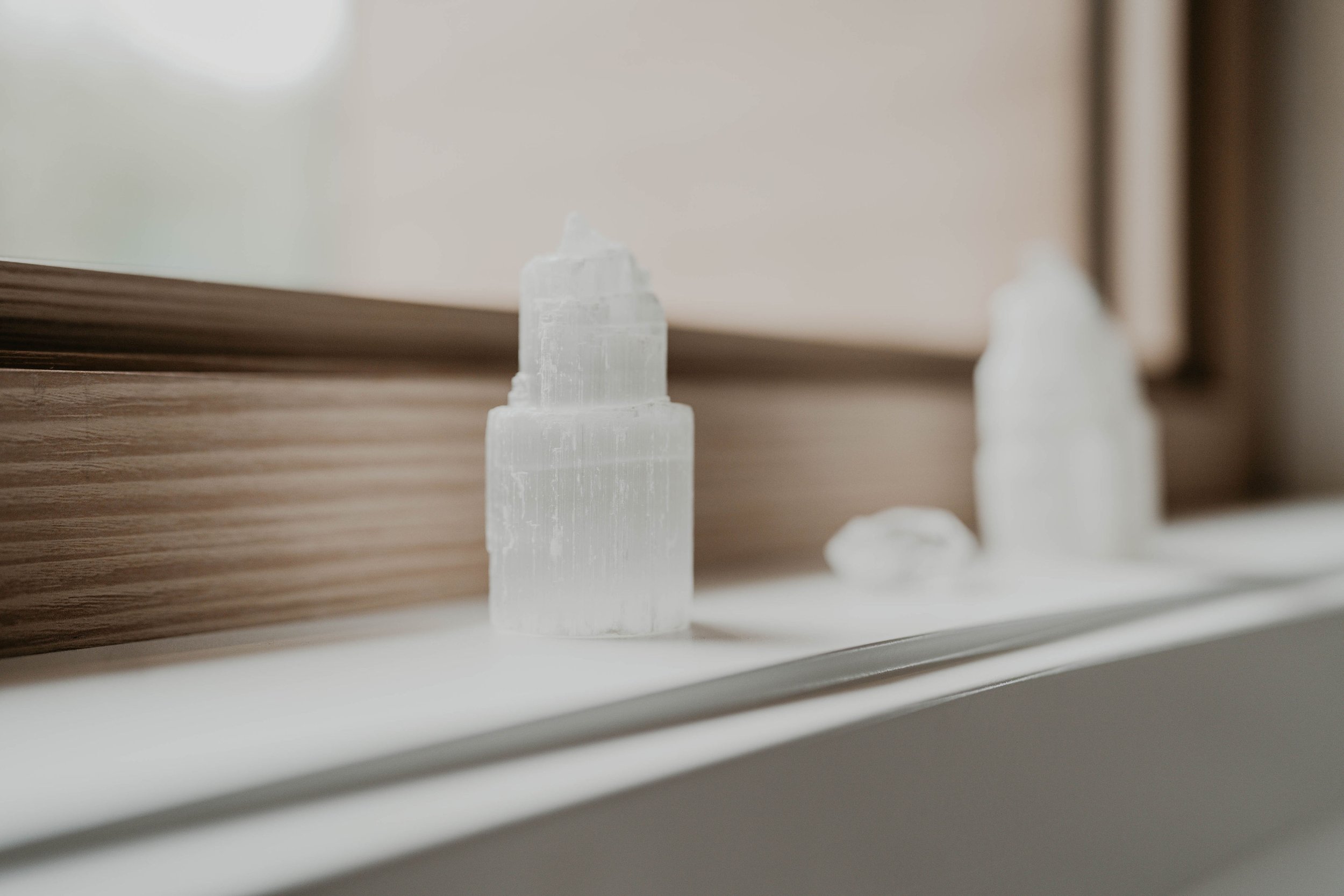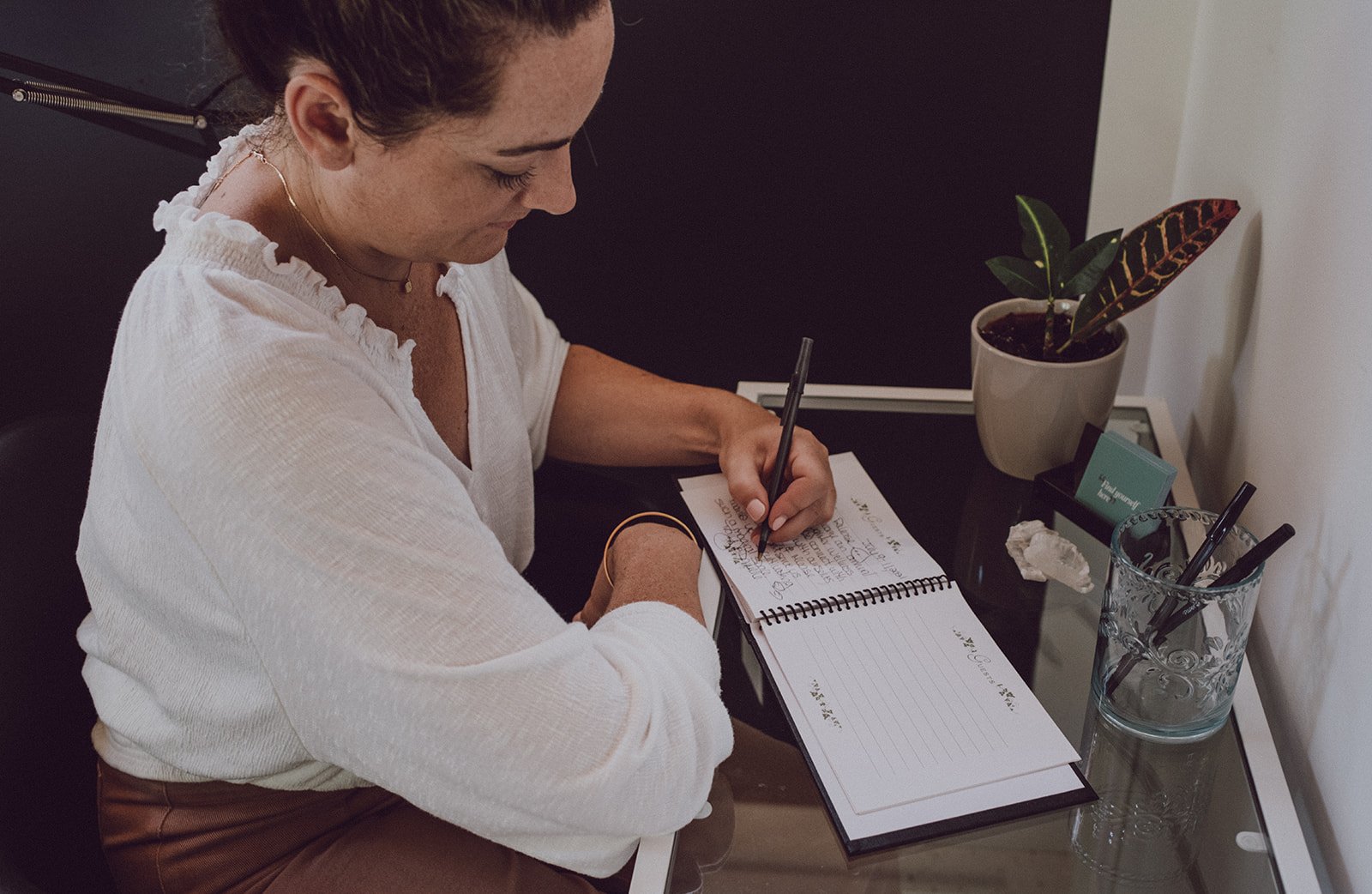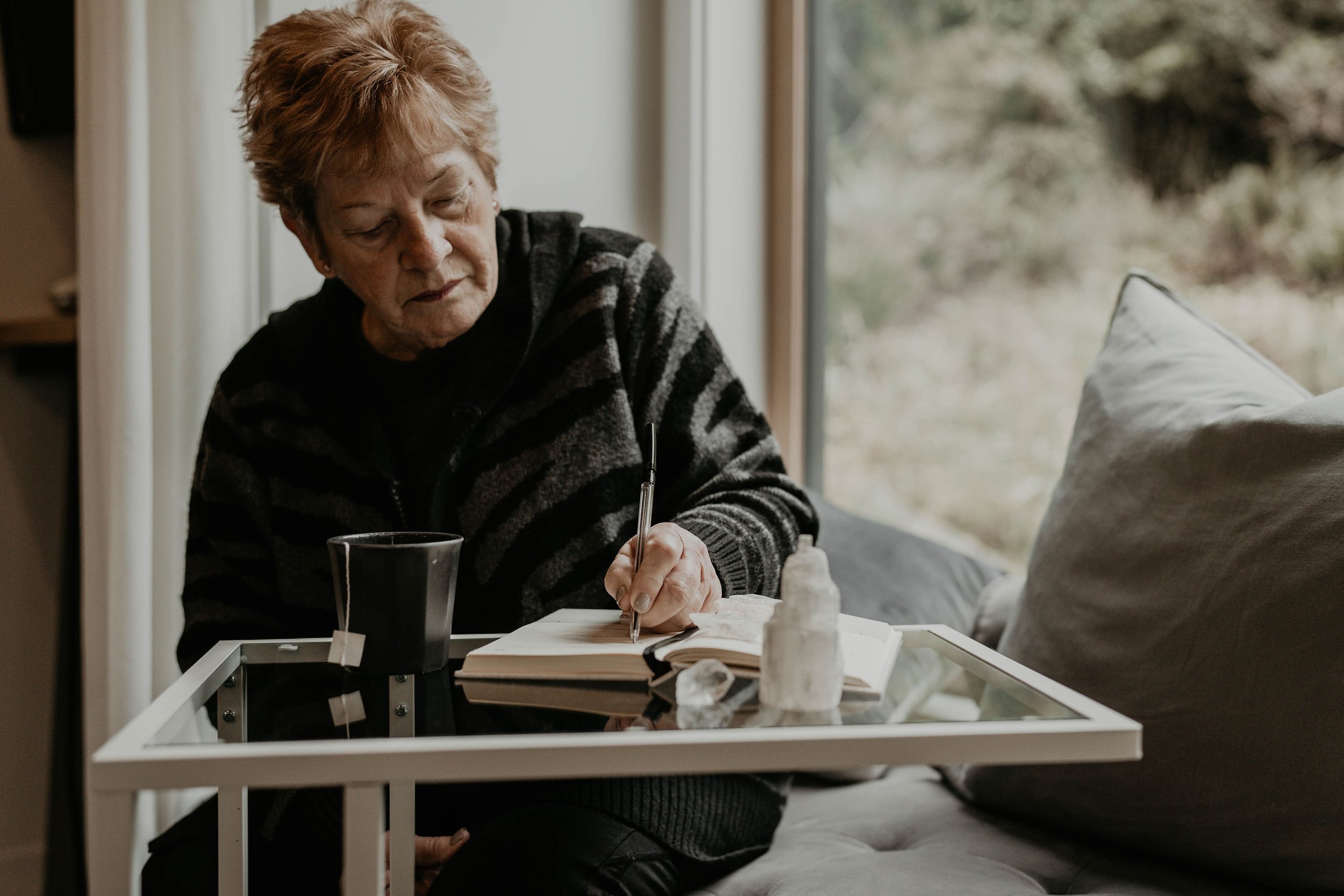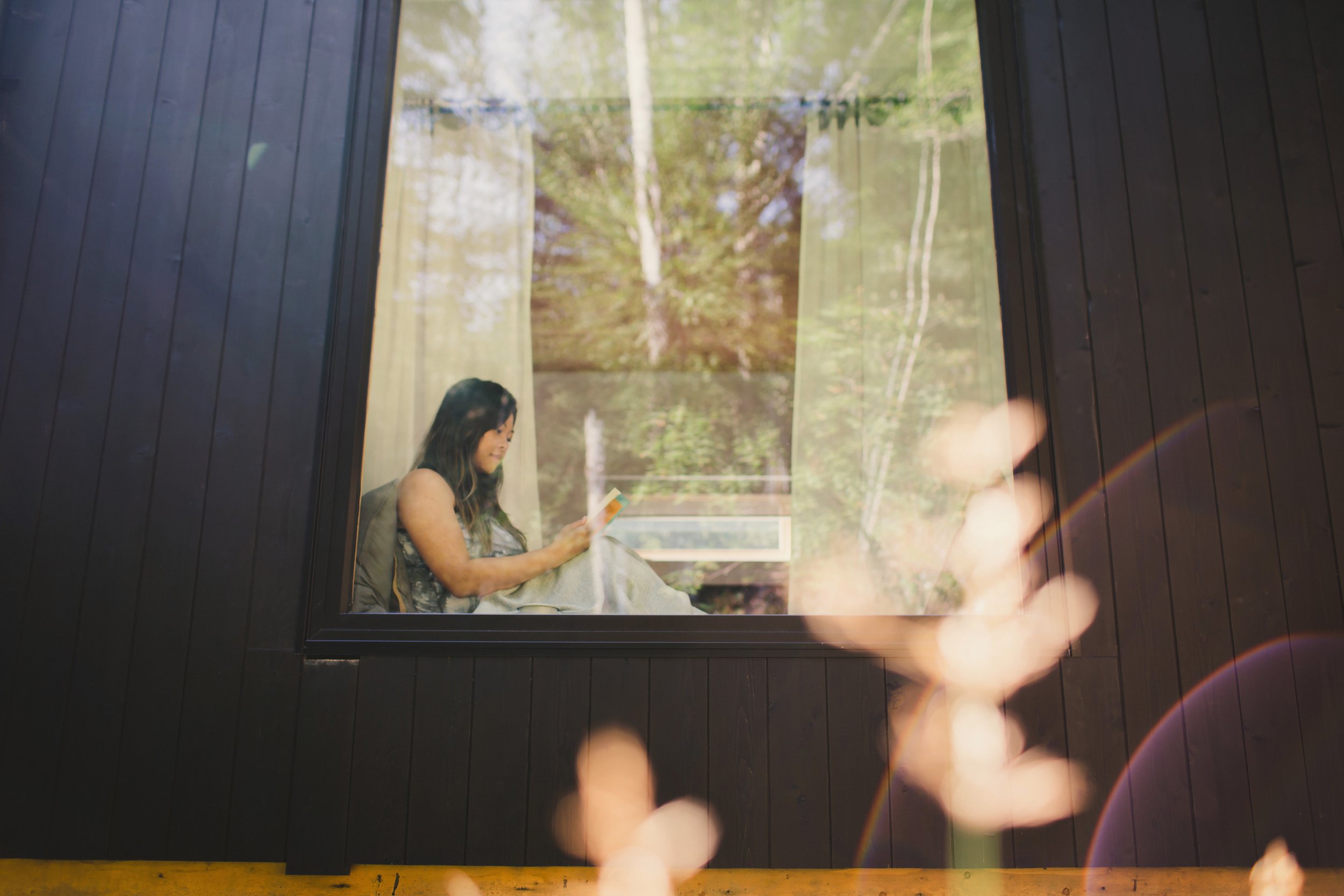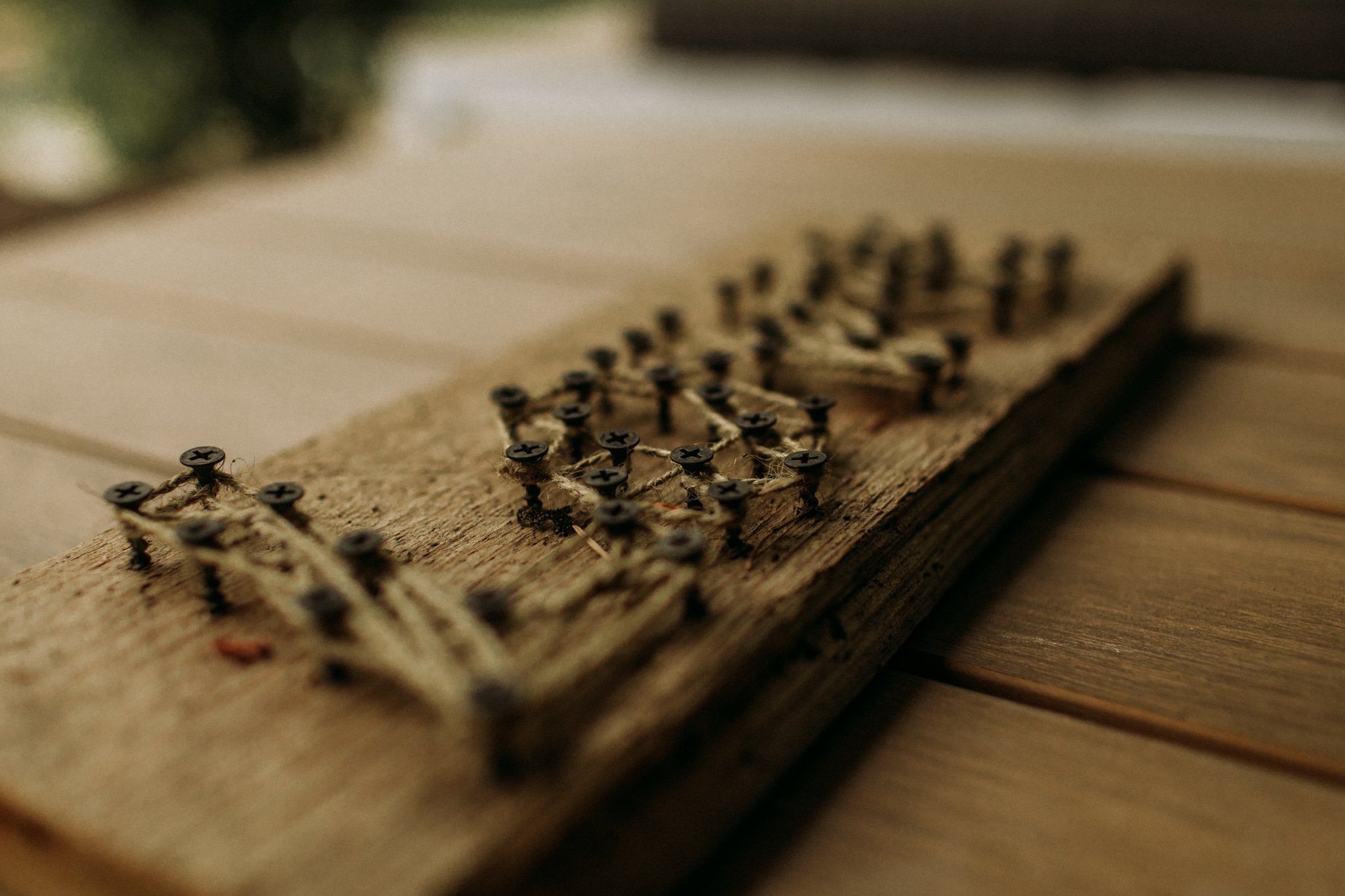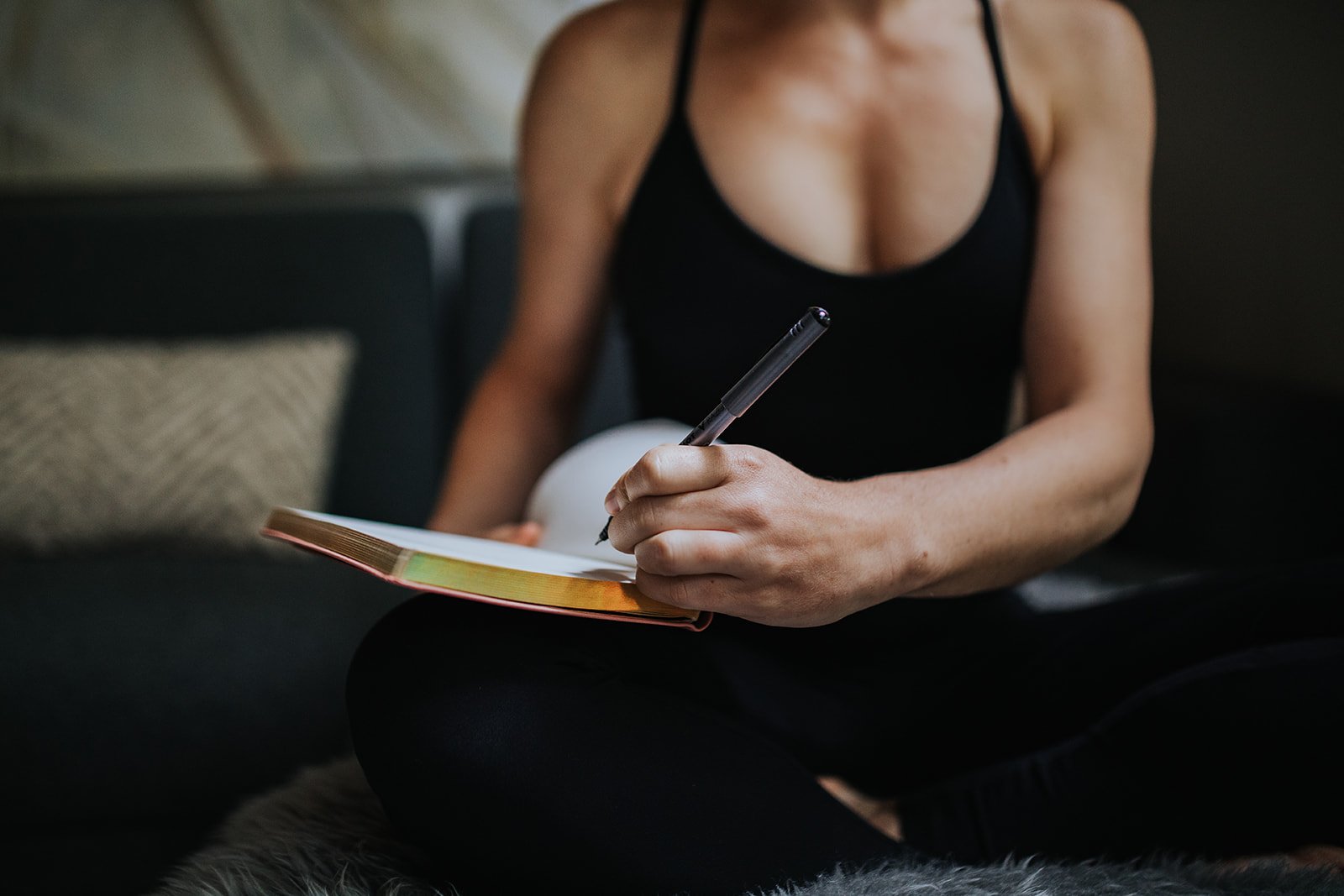When you were a teenager, at some point or another you likely kept a diary hidden about your room. Journaling in it was a place to safely share your struggles and fears without judgment, shame or criticism. Getting all of those thoughts and feelings out of your head and down on paper probably felt like a release and a relief.
However you may have fallen out of the routine of using a diary or journal once you reached adulthood.
But the concept and its benefits of it are still there for you.
Putting your thoughts and feelings onto paper allows you to better understand them and see them more clearly. Writing about situations or interactions, allow you a chance for deeper reflection. Journaling as an overall practice can help you gain control of your emotions while improving your mental health.
Try these tips to help you get started with journaling:
Try to journal routinely.
Set aside a few minutes every day to write, ideally in the mornings shortly after you wake up, or as part of your bedtime routine. However, if this seems like too much to start, choose a specific day of the week to journal. This will help you to write in your journal regularly.Keep it simple.
Keep a pen and paper handy at all times. Then when you want to write down your thoughts, you can. You can also keep a journal on your smartphone.Write or draw whatever feels intuitive.
Your journal doesn't need to follow any certain structure. It's your own private place to discuss and create whatever you want to express your feelings. Let the words and ideas flow freely. Don't worry about spelling mistakes or what other people might think.Use your journal as your own personal resource.
Your journal and your practice of writing in it are for you alone, meaning you don't have to share your journal with anyone. If you do want to share some of your thoughts with trusted friends and loved ones, you could show them parts of your journal.
Keeping a journal helps for a sense of order when your world may be feeling chaotic. You can get to know yourself better by revealing your deepest fears, thoughts, and feelings. Treat your writing time as a form of self-care; knowing that you're doing something good for your mind and body. Journaling is a time and tool that allows you to let go of things you no longer need to carry and reflect in a calm state. When you set aside time to journal, set your space intentionally, as you would with a meditation or yoga practice; wear something comfortable and warm, perhaps light a candle, and/or have a favorite beverage to sip on as you write.
Benefits Of Journaling
Before exploring the various forms of journaling, it may be helpful (and encouraging) to know the multiple benefits that come from its’ consistent practice.
Improves Communication + Writing Skills
Like everything, writing only improves with practice. When you journal every day (regardless of the style,) you are simultaneously practicing the art of writing. If you use a journal to also express your thoughts and ideas, you are also improving your overall communication skills.
Tracks Growth + Progress
If you make journaling a regular practice, you can revisit previous entries and see how much progress or growth you’ve made.
Boosts Confidence
Another benefit of revisiting your former journal entries is being able to see your progress, which generally leads to a boost in confidence (and serotonin). Be proud of yourself for the challenges you faced and how you overcame them.
Aids In Achieving Goals
When you use your journal to write down your intentions, you can track your goals as well as plan how you want to accomplish them. Journaling is a valuable tool that allows you to stay accountable while serving as a reminder of what you need to do to accomplish them.
Reduces Stress + Anxiety
Often times negative thoughts or emotions can run on a loop in our heads. This can be stressful when you are already dealing with a challenging situation — it generally tends to make your situation feel worse. But if you stop and put your emotions down on paper, it can help you release negative thoughts from your mind. As you write, you may even come up with a solution you hadn’t thought of before.
Strengthens Your Memory
Research has proven that writing your thoughts down can reduce intrusive thoughts about negative events and also improve working memory. What may seem like the simple act of writing something down, reiterates to your nervous system that this is something you specifically want to remember. This is why taking notes is such an effective practice when learning something new.
Find Inspiration
Many famous artists, poets and writers, drew and wrote the roots of what would later turn into the historical art pieces we admire to this day, in their journals. Like them, you can also use your journaling time to brainstorm or let your imagination run wild. The inspiration that may pop up while you’re writing or sketching might even surprise you.
Different Styles Of Journaling
Stream Of Consciousness Journaling
Arguably one of the most popular forms of journaling and most freeing. Ignore spelling, grammar, punctuation and everything else, give yourself the permission to allow your thoughts to flow from your mind directly to the page. None of it needs to “make sense,” this style holds space for getting things out and capturing your thoughts in action.
It is common to draw a blank when starting out, in which case the ‘Morning Pages’ exercise outlined in The Artist’s Way by Julia Cameron can be helpful to get started. The exercise outlines that you should try to free-write three pages every morning, challenging yourself not to stop writing until it’s done (even if that means writing “I don’t know what to write” over and over again).
Gratitude Journaling
Practicing gratitude has been proven to increase one’s state of happiness over time. Taking the time to notice the things in your life that you are truly grateful for, can impact your thought process and reactions to people and situations you encounter in your everyday life. Creating a journaling practice while simultaneously cultivating more gratitude in your life will allow for organic space to be created in which you can reflect and grow into the best version of yourself. Gratitude journaling is best practiced at the start or end of your day.
Bullet Journaling
This form of journaling is a great method for anyone who particularly appreciates having things concise and organized, as well as aesthetically pleasing. It combines several journaling goals into a very organized system. It can be used as a daily diary, a calendar and task manager, a place to reflect and process things—just about anything you’d do in a regular journal, you can do with bullet journaling.
What sets bullet journaling apart from other styles is that you don’t typically start with a blank page, but instead use a journal with a dot grid pattern as the base to create beautiful, organized layouts. We encourage you to also use colorful pens + pencils, patterned washi tape, and stickers to make their journaling pages visually appealing and allow your artistic creativity to flow simultaneously as you write.
Dream Journaling
Form a deeper connection with your subconscious mind through this form of journaling. Keep your journal next to your bed and jot down the details of your dreams as soon as you rise in the morning. If you wake up in the middle of the night from a particularly intense dream, write whatever memorable details down about it before going back to sleep, as you may likely forget by morning. Documenting your dreams allows you to work through unprocessed issues in your waking life and come to terms with them. Psychologists believe that there’s a scientific link between our minds and our behaviour; in which dream journaling can give valuable insight into our unique thought processes and patterns we create in our sleep.
Sketch Journaling
If you are someone who is naturally drawn to creating visual art, this style of journaling may come most organically, or at the very least be the foundation to build your journaling practise upon. Rather than writing, this form of journaling encourages your to express your feelings, thoughts + ideas through illustrations, sketches or even doodling. Drawing how you feel, or a scenario you’ve encountered allows for the same release as writing, as well as presenting the same prospect for reflection, through seeing your thoughts on a page in front of you.
Day’s Events Journaling
This practice of journaling is best done in the evening after your day is done. You may choose to write in bullet point style or complete sentences as you re-examine and note the events and emotions that day entailed for you. However you chose to record it, noting your day in your journal is especially beneficial in getting into a daily routine of journaling, as well as allowing your future self a greater opportunity for clearer memories to review and reflect upon at any point later on.
To-Do List Journaling
Instead of keeping an ongoing mental tally of to-do items, write them down in your journal. You can cross things off as you complete them, which not only gives you a great sense of accomplishment but allows you to track everything that you still want to get done and overall be more organized. Similar to bullet journaling, you may choose to write everything in shorthand rather than with proper grammar/punctuation, as well as get more creative in terms of the layout and look of your List Journaling. The style of journaling is favored among those who would label themselves as “Type A”.
There are many styles of journaling you can explore, the above is what we have found to be useful for cultivating a routine of journaling. Just like any other self-care practice, you know what is best for yourself and we encourage you to try different styles of journaling to find exactly what resonates with you most.
Regardless of which type of journaling style(s) you decide to explore, remember that there is no right or wrong approach - the act of taking the time to get in touch with your mind, body, + spirit is what is truly important.
Gratitude to our community near and far, both for taking the time to explore our blog and for walking the path to your best self - we hope this resonated and aids you in finding balance within.
Thanks and credit goes to the resources provided by the University of Rochester Medical Centre
All Photos - Nectar Yoga Copyright


